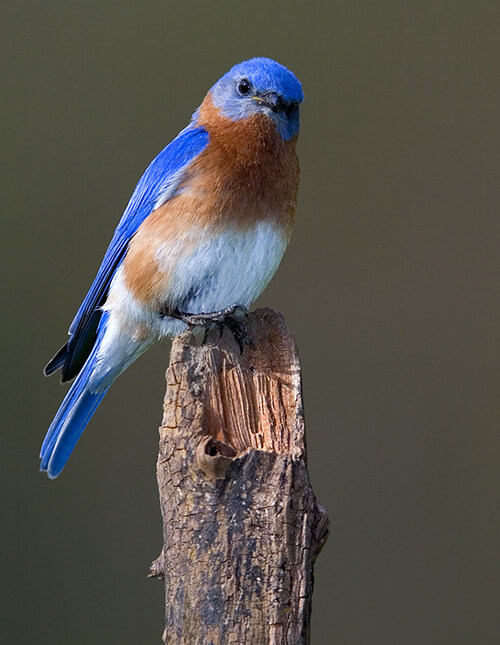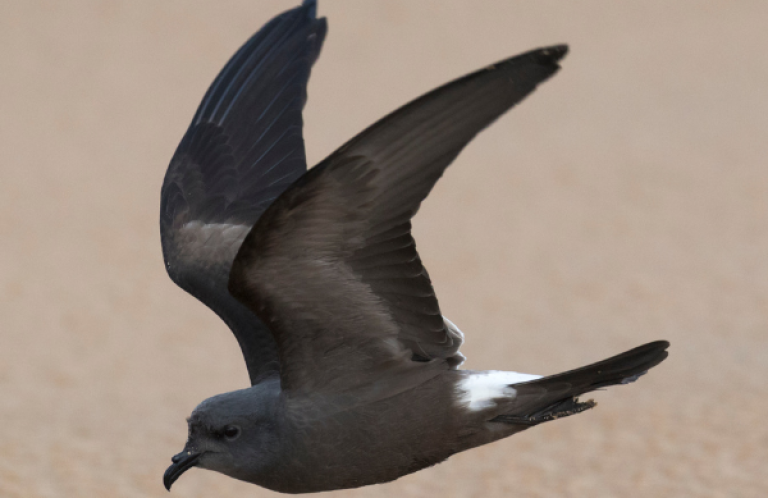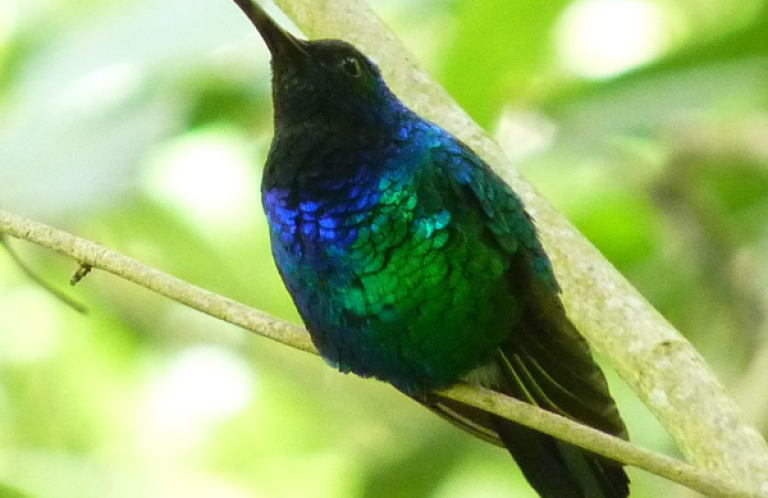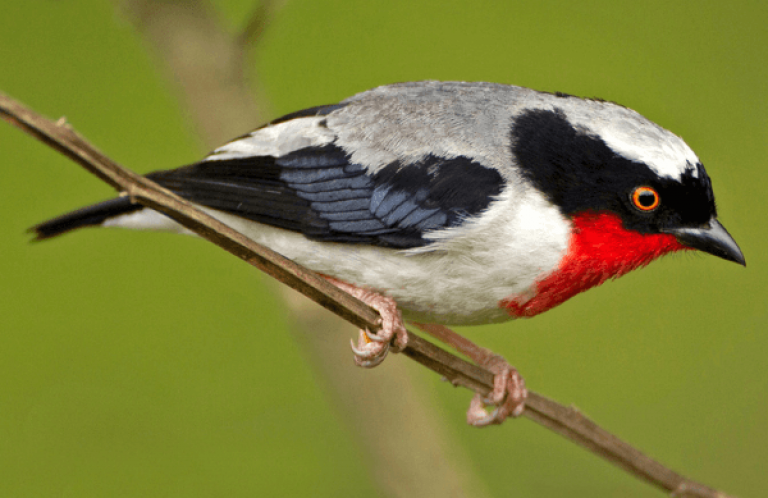New York Governor Vetoes Feral Cat Bill, Protects Wildlife
Contact: Grant Sizemore, 202-888-7480

New York's state bird, the Eastern Bluebird, is one of many species that stands to benefit from Gov. Cuomo's decision. Photo by Gerald Marella
(Washington, DC, Oct. 28, 2015) This week, New York Governor Andrew Cuomo vetoed legislation that would have used public funds to support statewide Trap, Neuter, Release (TNR) programs for feral cats. The decision came on Monday, Oct. 26, after a lengthy public debate.
Under the proposed legislation (A 2778/S 1081), up to 20 percent of the state's Animal Population Control Program Fund, which is supported by dog license fees, could have been allocated to TNR programs and away from the fund's original purpose: to support low-cost spay/neuter of dogs and cats for low-income owners.
A diverse coalition of stakeholders, including American Bird Conservancy, Audubon New York, New York birders, animal welfare organizations, and sportsmen's groups, rallied to oppose the TNR legislation, submitting numerous letters, emails, and phone calls expressing serious concerns.
“By vetoing this proposed legislation, Governor Cuomo has acted with vision and courage to protect the wildlife of New York,” commented Grant Sizemore, Director of Invasive Species Programs for American Bird Conservancy, noting that studies have shown that free-roaming cats kill billions of birds in the U.S. each year.
“This bill was an effort to legitimize the systematic abandonment of cats,” Sizemore continued, “and to inappropriately require that public funds prop up a failed TNR strategy. We hope that other law-makers draw inspiration from this decision and recognize TNR is a ‘lose, lose, lose' scenario for cats, wildlife, and people.”
In a public statement about his decision, the governor called the proposed bill “problematic” for a number of reasons, including evidence that shows TNR does not reduce feral cat populations and that feral cats have a major impact on wildlife, “including threatened and endangered species, habitats, and food sources for native predators.”
The governor's message is consistent with the position of American Bird Conservancy and its Cats Indoors Program: TNR programs have been widely shown to be unsuccessful at reducing feral cat populations while simultaneously maintaining cats in the environment, where they contribute to unsustainable wildlife predation and serious public health risks. A 2013 study by scientists from the Smithsonian Conservation Biology Institute and the U.S. Fish and Wildlife Service identified outdoor cats as the top source of direct, human-caused mortality of birds, and the mere presence of cats in the environment has been shown to negatively affect nesting birds.
Not only are feral cats a non-native predator, but they are also a source of potential infectious diseases and parasites, such as rabies and toxoplasmosis. Cats are the number-one carrier of rabies among domestic animals in the United States and require regular vaccinations to protect a cat and its community.
Cats are the definitive host of the parasite that causes toxoplasmosis, which can lead to miscarriages, blindness, memory loss, and death in humans. Feral and other outdoor cats may excrete hundreds of millions of infectious eggs in feces, effectively contaminating the environment with this parasite.
###
American Bird Conservancy is the Western Hemisphere's bird conservation specialist—the only organization with a single and steadfast commitment to achieving conservation results for native birds and their habitats throughout the Americas. With a focus on efficiency and working in partnership, we take on the toughest problems facing birds today, innovating and building on sound science to halt extinctions, protect habitats, eliminate threats, and build capacity for bird conservation.


















































